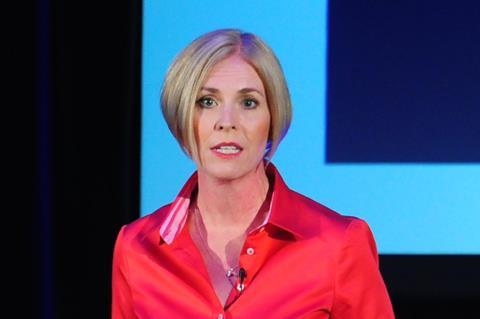A leading campaigner in the legal sector has said that a more nuanced way of ensuring women are represented at the top of firms can be found without necessarily setting quotas.
Christina Blacklaws, a former Law Society president, suggested that firms adopt the approach of ensuing they match their proportion of female associates with the same proportion at senior level.
This would eliminate the need for arbitrary quotas and provide that firms are addressing the pipeline of talent coming through rather than seek to simply tick boxes.
Speaking at the International Bar Association conference in Miami, Blacklaws said that if 60 or 70% of law firms are made up of female associates then firms should seek to ensure that senior equity partners have a similar make-up. If those firms are still dominated by male leaders, then quotas would not address the root issue about women at partner level leaving the business.
Blacklaws added: ‘Transparency is absolutely key to this and lack of transparency around this issue is problematic. We have the gender pay reporting which has put a real spotlight on law firms [and can be extended].’
Addressing the issue of female talent leaving firms, she called for greater use of talent development programmes, sponsorship and mentoring, and for all lawyers to be trained to support each other.
‘These are all things that are relatively easy which can make a huge impact on the culture, purpose and sense of belonging in law firms,’ added Blacklaws.

The conference heard that in the US alone, 8,000 female partners are believed to have left the profession altogether in the past two years. A huge disparity remains between the number of women entering the profession and those who have reached equity partner level.
Research carried out by the American Bar Association found a significant disconnect between law firm bosses and their female staff about how well the business is doing at promoting gender equality.
One survey found that 91% of firm leaders rated themselves as active advocates of diversity, whereas only 62% of women in the same practices agreed. More than 80% of leaders thought they were successful at promoting women leaders, compared with 55% of woman who felt the same.
The conference heard that progress been made since the pandemic in terms of staff being given more flexibility about where and when they work – a factor likely to benefit women with caring responsibilities – but there were concerns voiced that firms were increasingly demanding that staff came into the office full-time.
Blacklaws said the positive aspects of flexible working should be promoted to men as a way of ensuring they too can have a work-life balance. This would in turn benefit the firm as a whole. ‘It is good for our mental health to share the burden and have flexibility,’ she said. ‘We have done roundtables with men who have committed their entire lives to their careers and missed out on family time, and they have been in tears.’
This article is now closed for comment.



























8 Readers' comments